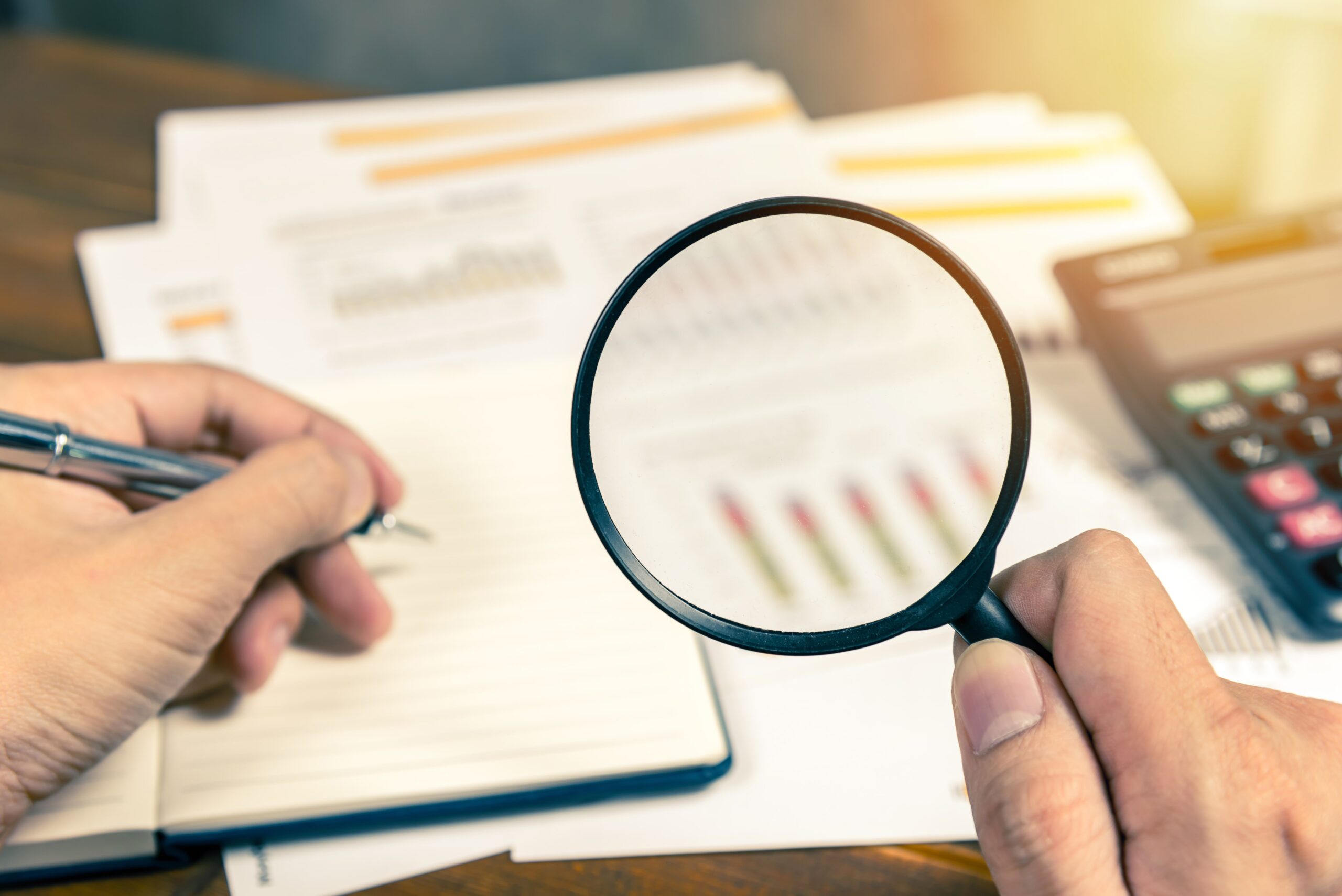
A local government revenues officer, sometimes referred to as benefits officers, typically work for local councils and deal with a wide range of benefits related issues including housing benefits, rents, council tax and business rates. There are many ways that you can enter this role, from taking a university or college course, accepting an apprenticeship, applying directly, or working your way up to the position.
There are, however, some basic requirements needed for a career as a local government revenues officer. These can include: 1
University Degree
- Usually, 1 or 2 A levels, or equivalent, for a foundation degree or higher national diploma
- 2 to 3 A levels, or equivalent, for a degree
College
- 2 or more GCSEs at grades 9 to 3 (A* to D), or equivalent, for a level 2 course
- 4 or 5 GCSEs at grades 9 to 4 (A* to C), or equivalent, for a level 3 course
Apprenticeship
- 4 or 5 GCSEs at grades 9 to 4 (A* to C) and A levels, or equivalent, for a higher or degree apprenticeship
Direct Application
- 4 or 5 GCSEs at grades 9 to 4 (A* to C), including English and maths
Skills And Knowledge Required To Become A Local Government Revenues Officer
To become a local government revenues officer, there are certain skills you must possess and some information you will need to know. This typically includes:
- Good administration skills.
- To be thorough and pay attention to detail.
- The ability to work well with others.
- The ability to work independently.
- Sensitivity and understanding.
- To be flexible and open to change.
- Excellent communication skills.
- Customer service skills.
- To be able to use a computer software packages competently.
What does a local government revenues officer do every day?
Local government revenues officers handle a wide range of tasks on a daily basis. And, while these tasks might be different from day to day, they are typically what you can expect to encounter. The tasks of a local government revenues officer can include:
- Calculating rents, council tax and business rates.
- Sending bills and reminders.
- Collecting and processing payments.
- Recovering arrears of rent or council tax.
- Arranging legal action against debtors.
- Getting money back from customers who have been overpaid.
- Attending court.
Contact Tempest Resourcing
To learn more ways to stand out in the jobs market in times of COVID-19, contact Tempest Resourcing today and speak with a job recruitment specialist who can answer any questions you might have.
If you enjoyed this article, please feel free to share it on your favourite social media sites.
Footnotes
1. Local Government Revenues Officer – what will you do
